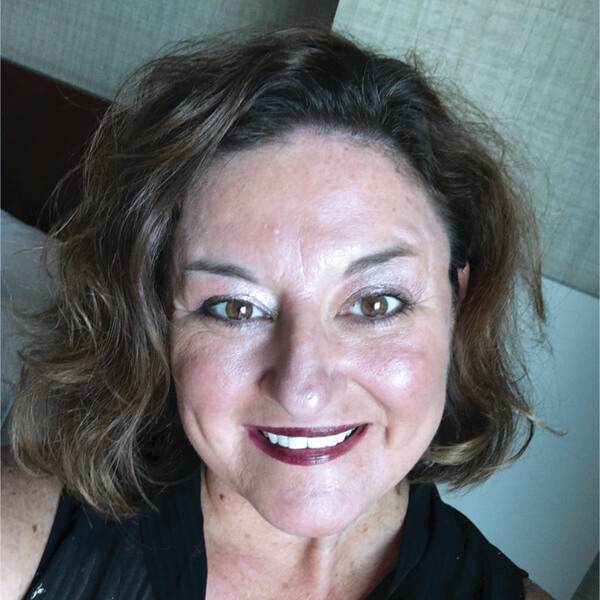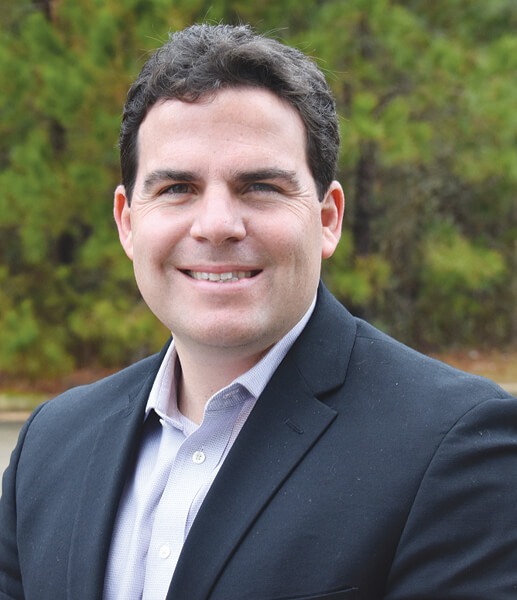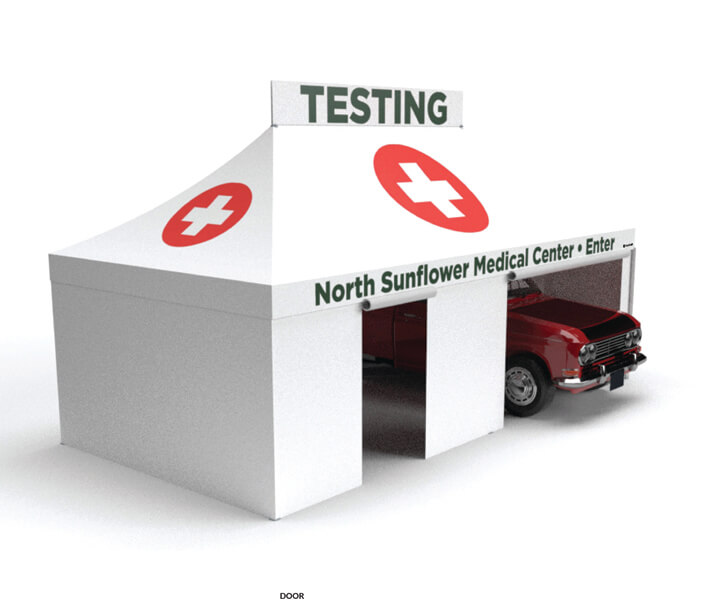By Becky Gillette
Delta hospitals and clinics, along with their counterparts in the rest of the country, drastically changed procedures as cases of the coronavirus disease 2019 (COVID-19) in Mississippi started mounting in mid-March. While there were concerns that there are not enough ventilators, intensive care hospital beds, and supplies such as face masks anywhere in the country, Delta hospitals instituted precautions to protect patients and healthcare workers.
There was also hope that the President’s declaration March 20, which invoked the Defense Production Act, would help accelerate the production of critical medical equipment. At that time, COVID-19 had spread to all fifty states, leading to recommendations for self-quarantining, panic shopping, mass layoffs, school closures, and record-breaking losses in the stock markets. It appeared no sector of the economy was unscathed, but there was also hope for individuals and businesses from stimulus bills under consideration from Congress.
At press time in late-March, Mississippi had a total of 320 COVID-19 cases including some in the Delta. Mississippi’s testing capacity has been much greater than some neighboring states.
By being able to identify cases early, it was hoped that efforts such as self-quarantining, frequent sanitizing and hand washing, and social distancing could stop the spread preventing catastrophic health consequences. The respiratory disease is mild for eighty percent of people, but has been causing serious complications in the elderly and those with underlying health problems such as heart disease, lung problems and diabetes.
Timothy H. Moore, president/CEO, Mississippi Hospital Association, said MHA is providing support to member hospitals through both their emergency preparedness program and their advocacy efforts with federal and state officials and agencies.

“Specifically, we continue to stress the need for additional protective equipment for front line healthcare workers and additional financial support to cover the enormous costs associated with this crisis,” Moore says. “We encourage the public to support hospitals by heeding the advice of public health officials to slow the spread of the virus by practicing good hygiene, implementing strict social distancing, and avoiding going out in public gatherings.”
There has been concern across the country that rural hospitals, in particular, might not have adequate resources. The COVID-19 emergency has put a spotlight on the need to adequate fund rural hospitals.
“The Mississippi Rural Hospital Alliance remains engaged in supporting its members, who are the backbone of rural healthcare in Mississippi,” says Paul Gardner, director, Mississippi Rural Hospital Alliance. “In particular, we support federal legislation to both provide funding to rural hospitals and also increase the availability of Telehealth services for hospital-owned rural health clinics.”
Delta hospitals drastically revised procedures and posted them on their websites in order to get the word out.
“North Sunflower Medical Center has implemented several guidelines in a continued effort to stop the spread of COVID-19,” says Robyn Marlow, director of community relations, NSMC, Ruleville. “As of 8 p.m. Thursday, March 19, NSMC closed the doors to all visitors. The only entrance allowed is through NSMC’s Emergency Department, where a screening table is set for temperature checks. All employees are masked and following CDC guidelines concerning patient care.”

A drive-thru screening tent opened on March 25th on the main campus of Medical Center. Once the tent is in place and staffed, all patients arriving for treatment at Sunflower Rural Health Clinic will be screened at the tent instead of the main entrance. Marlow says the drive–thru screening/testing tent is a continue effort to serve their patients, community and employees.
“Unfortunately, it is unknown as to how long NSMC and Walter B. Crook Nursing Facility will be closed to visitors,” Marlow says. “We encourage family and friends to call your loved ones, Facetime, and/or send messages of encouragement. If you’re loved one does not have a cell phone or the ability to communicate through Facetime, an iPad will be available with nursing staff to assist.”
To protect healthcare workers, NSMC’s employees have been provided masks and those administering screenings/testing have been trained. NSMC currently has three negative pressure hospital rooms for any suspected or presumed positive patients who may be admitted for care.
Marlow said while there have been many challenges along the way, NSMC has a dedicated and loyal staff.
“Unfortunately, during this challenging time, several services have been closed,” Marlow says. “Therefore, those employees have been offered opportunities to help in other areas of care, such as screening tables, pharmacy delivery, etc. Many staff members have worked extra hours to help out with nights, weekends and areas of need. This is a time of needs throughout our nation.”
Businesses of all kinds have been scrambling to allow employees to work at home when possible. And barriers to telemedicine have been temporarily lifted allowing providers to be paid for teleconferencing consultation with patients to allow care without exposing the patient or medical staff to contagion.
“As bad as this has been, the response to allow telemedicine consultations has been terrific,” says Ryan Kelly, who is executive director of the Mississippi Telehealth Association and the Mississippi Rural Health Association. “Restrictions on payments have been lifted. Certainly, many of the telehealth policies we have been trying to get in place are now advancing at lightning speed. It is very, very positive. The question is, how many of these policies will be retained after the emergency is over.”

Kelly said telemedicine has been important for rural areas for a long time. But right now, it is also important to people in urban areas of the state like Jackson, Southaven and the Coast.
“Most people are confined to their homes, and telemedicine that allows them access to health providers in the safe and effective manner is critical,” Kelly says. “Providers can focus on the most at-risk patients and prevent them from becoming exposed to something more serious like COVID-19.”
Each individual insurer has different policies on telemedicine. Most of them are still requiring a prior relationship with the patient. At press time, Medicaid and most private insurance companies serving the state had lifted restriction on telemedicine, but Medicare had not. That federal program for Americans age sixty-five and older literally requires an act of Congress, but that was expected soon. No one in Congress has come out against it.
“We have been saying for years this is an important tool,” Kelly says. “If you can see patients remotely, it is the best way to do it. Now insurers are catching up to reimburse physicians for their work. Maybe not all policies will stick after this crisis is over, but many will as insurance companies are seeing tremendous value in having it in our medical community.”
From the clinical standpoint, many providers were not seeing as many patients and were seeing fewer appointments being made.
“This can be good and bad,” Kelly says. “It might help create more surge capacity at hospitals by not having large numbers of people needing hospitalization at the same time. But it means providers are losing money really fast. I’ve talked to some providers who are concerned no one is coming in.”
Normally HIPPA health privacy laws would prohibit the use of certain types of video conferencing programs like Facetime or Skype unless they were HIPPA compliant. But those restrictions have been temporarily suspended so providers can use any moderately secure tele network. There is also a HIPPA complaint portal available from Zoom that costs only $200 a month.
Improper use of the emergency room for health conditions that are not emergencies has been a problem in the U.S. for a long time, particularly as hospitals are required to see patients regardless of their ability to pay. Now it is even more important the ERs be used only when absolutely necessary.
“At this point, we need to encourage patients with low to moderate cold or flu symptoms to not go to the ER,” Kelly says. “If a patient experiences high fever or shortness of breath, this is when a visit to the ER would be needed. As COVID-19 is a virus, the body will fight it like any other virus. The severity of COVID-19 is with its tendency to infect the lungs and cause respiratory problems. This is where the concern is, especially for those sixty-five and older or for those that have low immune system responses.”
There have been some physicians’ offices starting to make their own hand sanitizer.
“Necessity is the mother of invention, and we are starting to see that,” Kelly says. “We are also seeing some repurposing of medical equipment to allow it to be used to meet the demand. This is a difficult situation for our state and our nation. It’s unlike anything we have seen in recent history. But we are strong, we are resilient, and we will work together to overcome the health and economic difficulties that we currently face as a result of COVID-19. I am confident that we will come out of this stronger than ever before.”
At press time, the COVID-19 situation was still developing across the state and the country.

